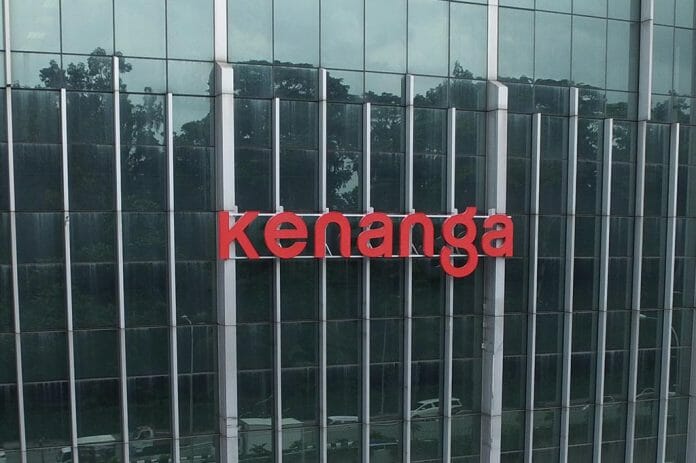Kenanga notes the softening inflation reading was mainly driven by a deceleration in the food component of the CPI basket − Food & non-alcoholic beverages moderated from its 13-year peak due to a slowdown in prices of food at home (5.7%; Aug: 6.4%), especially fish and vegetables. Housing, water, electricity, gas & other fuels eased marginally due to a moderation in the cost of material for maintenance and repair. − Transport despite falling Brent crude oil price, transport inflation edged up, propelled mainly by increasing motorcycle prices and a sharp rebound in the cost of air transportation (5.1%; Aug: -2.3%).
Mixed inflationary trend across advanced and developing economies − US eased marginally to a seven-month low but still higher than consensus of 8.1%. Of note, core inflation accelerated to a more than 40-year high of 6.6%, mainly due to surging rents and shelter costs. − EU accelerated to another all-time high in September as Russia’s war in Ukraine continued to push up energy and food prices. − China soared to a 29-month high, driven mainly by a 36.0% jump in pork prices due to seasonal factor and lower slaughter rates. However, core inflation eased to 0.6%, highlighting subdued consumer demand.
The research house retaines 2022 headline inflation forecast at 3.3% up from 2021 amid increasing global uncertainties −Kenanga says in the next few months, the headline inflation may continue to trend lower and hover around the 3.2 – 3.8% level due to the government’s price control policies and base effect. However, the rising risk of Russia-Ukraine geopolitical war and China’s tenacious zero-COVID-19 policy may continue to exert upward pressure on consumer prices, especially food. That being said, core inflation is expected to stay elevated for some time due to rising prices for important imported inputs.
To ensure price stability and to prevent the domestic economy from overheating, Bank Negara Malaysia may
continue to raise the overnight policy rate by another 25 basis points for the fourth consecutive time during its monetary
policy committee meeting on Nov 3.
However, there is a rising probability that the BNM may put the brakes on its rate-hiking cycle due to growing concern over an impending global recession and increasing political uncertainty.









